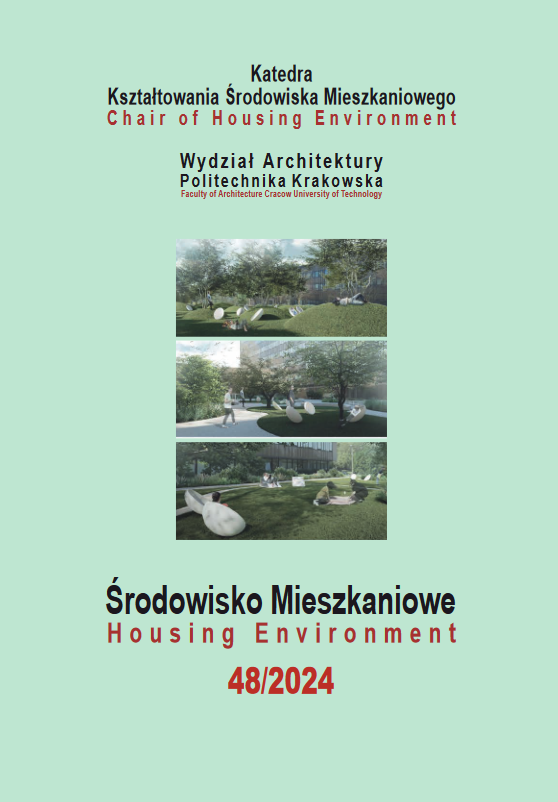POWOJENNE ZNISZCZENIA ARCHITEKTONICZNE
JAKO ŻYWA PAMIĘĆ I SYMBOL JEDNOŚCI
-
STUDIUM PRZYPADKU VUKOVARU
W CHORWACJI
POST-WAR ARCHITECTURAL DAMAGE AS LIVING
MEMORY AND SYMBOL OF UNITY: CASE STUDY OF
VUKOVAR, CROATIA
Author(s): Antonio Nevescanin, Bartosz M. WalczakSubject(s): Architecture, Rural and urban sociology
Published by: Wydawnictwo Uniwersytetu Jagiellońskiego
Keywords: Vukovar; commemorative spaces; post-war regeneration; reconstruction; Yugoslavia; architectural heritage;
Summary/Abstract: The Battle for Vukovar was the largest and deadliest battle of the Croatian War for Independence in the early 1990s, and remainsa significant symbol of the Homeland War in the Balkan region. It is estimated that nearly 20,000 people lost their lives during the87-day siege. The city, known for its famous Baroque urban complex, was almost completely destroyed, and as a result, Vuko-var has become a symbol of war and later, liberation. During the siege, soldiers used the Water Tower as a symbol of freedomand unity by placing the Croatian flag on top of it. The Water Tower has become an important symbol in this regard. Despitebeing hit 640 times with missiles and artillery, the tower never collapsed, making it a symbol of resilience. Post-war reconstru-ction has a long-standing tradition in Europe. To respond to contemporary challenges while emphasizing the continuity andidentity of a country and place, it is important to consider commemorative spaces. Lessons from the not-so-distant war afterthe breakup of Yugoslavia may be valuable for planned activities in Ukraine. The study involved a literature review, case studies,and comparative and inductive methods, which led to the conclusions. The research goal of this paper is to contribute to thescholarly understanding of post-war urban regeneration processes, using Vukovar as a case study to examine the intersectionof architecture, history, and community resilience. The study provides insights into the intersection of architecture, history,and community resilience in the context of urban regeneration following war, with implications for the housing environmentof Vukovar. The relation between the study and the housing environment lies in the broader context of urban regeneration andreconstruction efforts following the Croatian War of Independence, with a specific focus on the city of Vukovar.
Journal: Środowisko mieszkaniowe
- Issue Year: 2024
- Issue No: 48
- Page Range: 123-138
- Page Count: 16
- Language: English, Polish

